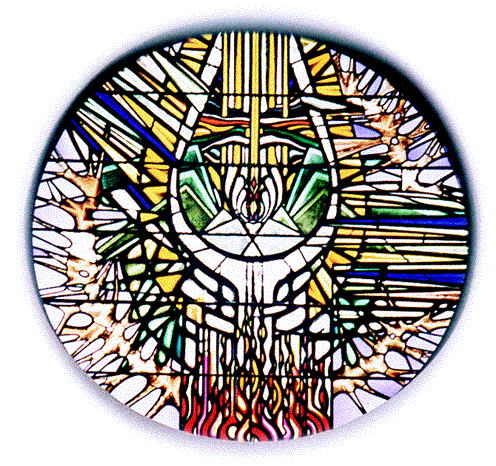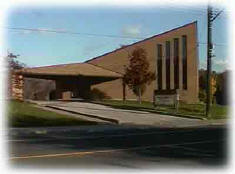|
A New Earth:
Awakening to Your Life’s Purpose
Author: Eckhart
Tolle
Reviewer:
Katharina Manassis
|
 |
“Oh, no!
Not another Oprah’s Book Club book!” some people may exclaim.
This is one I actually liked, though. True, you get
the gist of the book after about 10 minutes of reading, and the remaining
300 pages just elaborate on the same theme, but it’s not irritating. The
prose is fluid, engaging, and has a lyrical quality so the reader doesn’t
mind going along for the ride.
Tolle writes what is billed as a self-help book, but
actually borrows heavily from both Buddhist and Christian traditions. His
central thesis: change happens from within, moment by moment. Thus, if you
want to change the world, change your attitude to life. If you want to find
your life’s purpose, live purposefully each moment. This emphasis on
“mindfulness” of the moment has found its way into many psychotherapies
recently, but is based on Buddhist principles. If we believe that
everything (good or bad) is impermanent and subject to change, all we have
is the moment. If we believe that the individual “self” is an illusion,
then we only perceive the truth when we let go of egotistical ideas and
goals, forget about “self”, and look at the possibilities that exist outside
our own needs and wants. Tolle interprets many of Jesus’ sayings along the
same lines. For example, in “blessed are the poor in spirit, for theirs
will be the Kingdom of Heaven”, “poor in spirit” is interpreted as lacking
in egotism.
What I like most about this book is that it doesn’t
just spell out noble ideals (as many faith traditions do), but a way to get
there, a quest to becoming more whole, day by day. It is a “how to” for the
seeker of a sound, compassionate personal spirituality. I believe this is
needed as an alternative to the simplistic, often exclusionary ideas about
how to “get saved” which we find at the more conservative margins of
Christianity.
What I like least about this book is the assumption
that if we do the above, everything will turn out fine. Life is a bit more
complicated than that. A compassionate, “self-forgetful” approach to life
can do a lot of good and can certainly inspire those around us, but it won’t
solve global problems without intelligent solutions and the political will
to implement them.
Maybe we need to blend the progressive Christian’s
quest for social justice with the Buddhist’s path to inner peace? Great
ideas sometimes complement, rather than competing.




